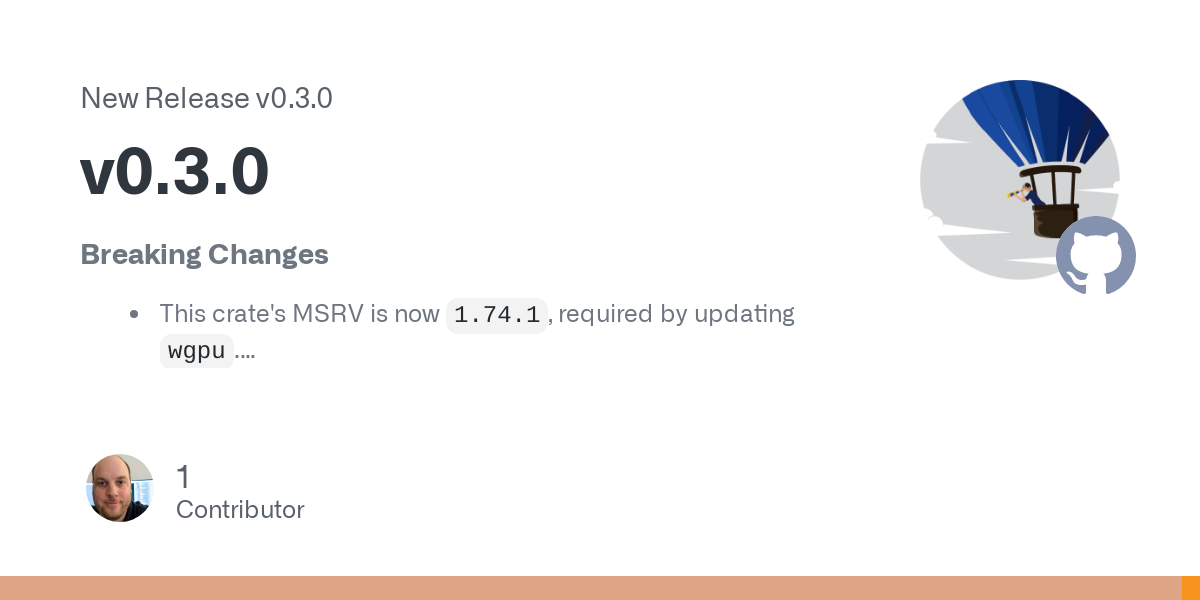

is a reference to something. That something is either a part of self, or a part of the static context. There is no other context because there is no runtime/GC. So there is no logical not-nonsensical scenario where this would be both a valid and a limiting situation in Rust. And this is why your surface analogy to Index is invalid.
If the return value may depend on something other than self or the static context, and still need to be reference-like, then the trait definition is wrong. It should either return a Cow, or go for the obvious generalization of returning impl AsRef<Bar> values. With that generalization, references, Cows, and more can be returned.
There is also the possibility that the trait definition is right, and you (the implementer) are trying to break a (probably) deliberate constraint (e.g. the return value in Index being tied to &self).
I would wager a guess that what you call an escape hatchet is considered a very bad C# style anyway (or will/should be). Just like how mutable statics are considered very bad in Rust 😉




Use libcosmic 😑
No, but seriously… skip to the end.
Iced can handle Arabic shaping-wise when cosmic-text is used, but it can’t handle the direction (yet). If you only need it for the interface, a shit workaround would be to prefix all text with an RLM (RIGHT-TO-LEFT Mark). This would left-align all text of course.
Fast iteration is already fixed by using cranelift in your release-dev profile (or whatever you want to call it), and mold as a linker. The binary will be slower, but iteration will be much much faster.
Okay, something helpful instead: Did you try asking in the
rust:gnome.orgmatrix room mentioned in the project page?